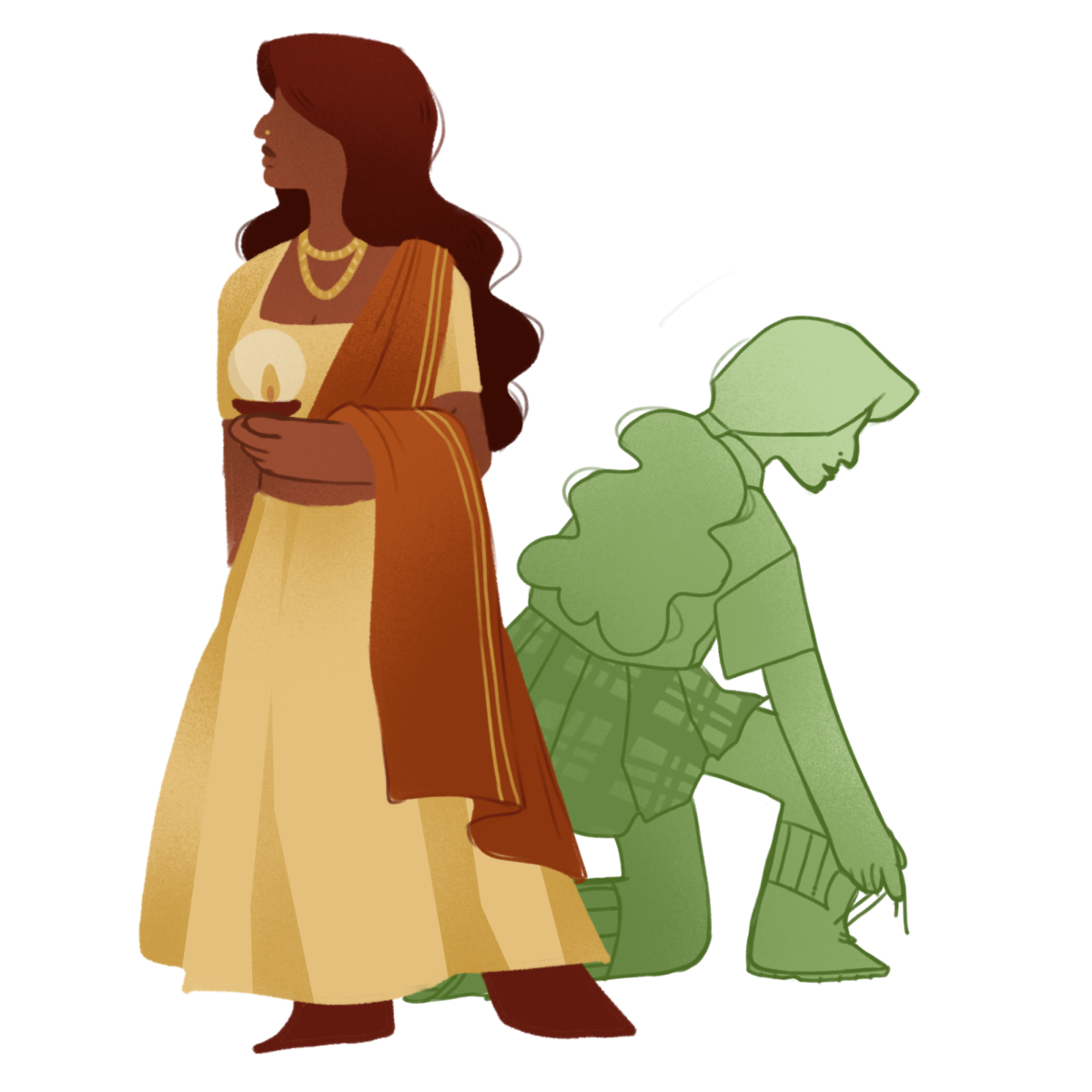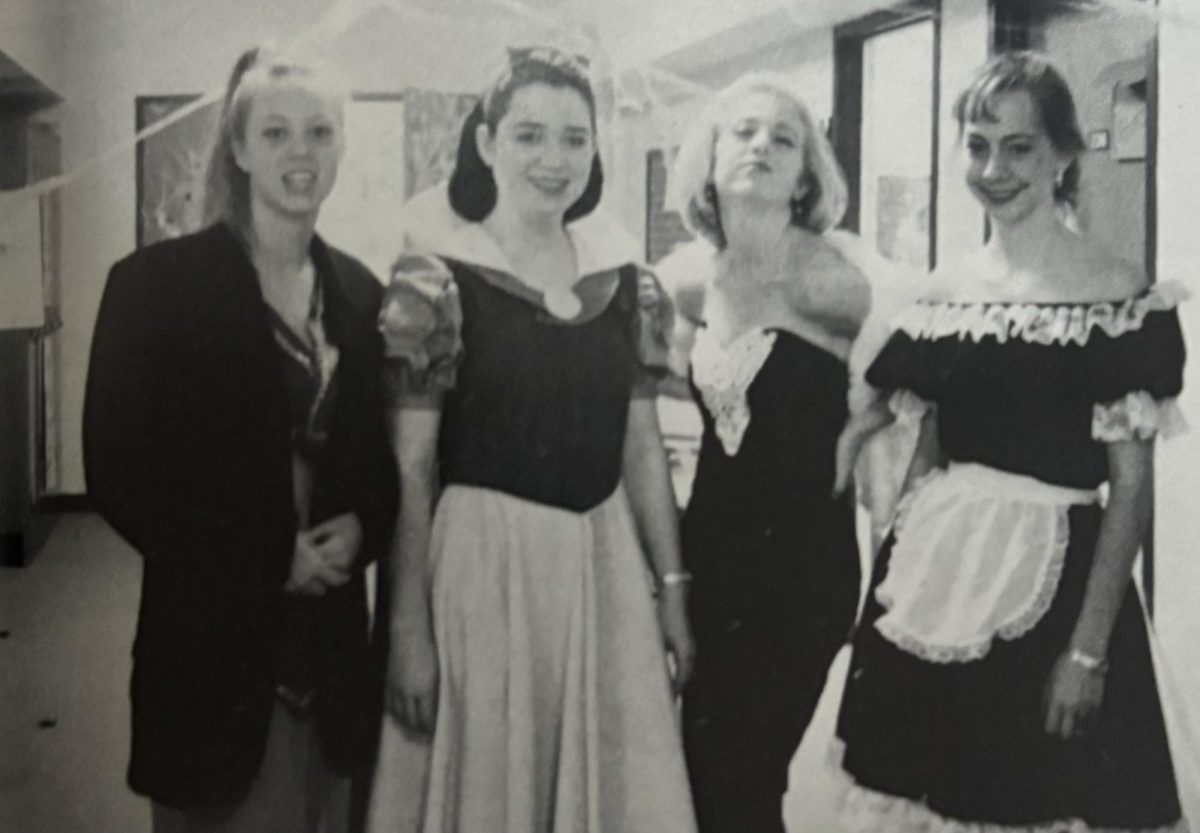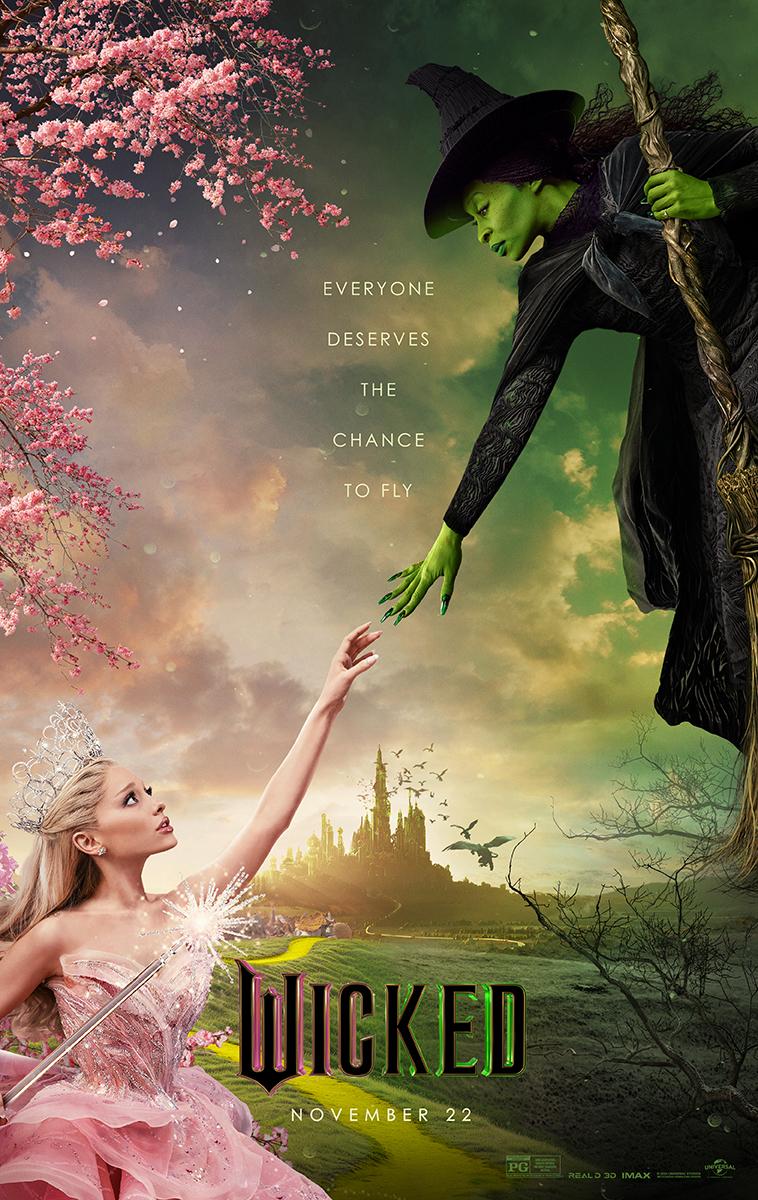Sophomore Annabel advocates for a renewal of passion in education
As I reflect on my years in school, I notice the prevalence of two different and distinctly separate groups of students: those who embrace their education with keen enthusiasm, and those who approach education as a duty, a step in the staircase to college and, ultimately, adulthood. The latter, with the passing years, seem to become increasingly prominent while the former becomes more and more scarce, and not just at Hockaday but far beyond.
At some point during our twelve-year trek through school, we lose something, and education becomes a chore rather than a privilege. This “something,” I have found, is passion, both on the part of the students and the teachers. As the current undertaker of some 11 years of American education, I feel obliged to give some feedback as to the efficacy of the system.
As many of us know from our public school peers, past experience, and/or community service initiatives, the neediest children are thrown into the most resource-deficient schools and taught by the least experienced teachers, while the most experienced teachers go to “cream-puff schools,” as phrased by Margaret Spellings, former Secretary of Education under President Bush, in a recent forum. Yet, when addressing the problems in the education system, Spellings makes no mention of passion. With a lack of passion in teachers comes a lack of passion in students. This leads to a lack of passion in families, and the vicious cycle continues. In such an environment, how can we expect to instill impoverished students with the passion to succeed, to progress to college, to value education as more than an odious chore?
However, we tend not think of this as such an issue at Hockaday. The majority of Hockaday teachers are passionate about what they teach, and this usually translates to students who are passionate about the material they learn. Even so, at schools like Hockaday, we sometimes take advantage of this privilege. Even with the opportunity to lead a passionate education, we allow this passion to be consumed by an obsessive focus on college. Many, if not most, of our course selections are guided by “what colleges are looking for.” The continuity that colleges supposedly expect restricts students from performing to the best of their ability. There are even course requirements in place at Hockaday to ensure everyone receives a “balanced” education. This system forces students who excel in particular areas to struggle in others until they reach college.
Colleges encourage students to branch out, to try new things without the fear of failure, to take classes that are enjoyable, as opposed to those that “look good;” but why not high school? Let’s be honest—not all of us are perfectly well-rounded people, and this won’t magically change once we get through school. By the time students reach high school, many have a good idea of the subjects in which they excel, and those in which they struggle. These students should be able to let their passions influence the path of their education.
Generally, if someone has neither the desire nor the ability to perform math in high school, that person will not seek a job as a mathematician. Better to allow that student to spend the time she would have spent solving math problems instead developing her painting skills so that she might have an easier time finding a job as an artist, a job she would enjoy. This would ensure a successful future and a happy person.
There are, of course, a few drawbacks to this plan. The concern of colleges’ expectations holds firm ground at Hockaday, and it would be naïve of us to believe we could change that; the impetus would have to come from the colleges. Additionally, in schools where the students are not as driven to succeed, some may take advantage of a more student-driven system by waiving the more difficult courses for those that are easier to pass. However, this downside could be overcome by installing a level structure, which would require each student to progress yearly into a higher-level course, unless she is underprepared. In addition to well-roundedness, perhaps colleges should start looking equally for those students who show dedication and excellence in pursuing a particular passion.
I think the purpose of an education should be to allow children to discover their own strengths and weaknesses through exposure to and practice in every subject. We should not expect every student to emerge from high school equally proficient in all areas of knowledge.
While I do not profess to know the answers to this educational dilemma, I do think it is vital that teachers, parents, and students alike begin to put more emphasis on making a place for passion in education.
– Annabel




